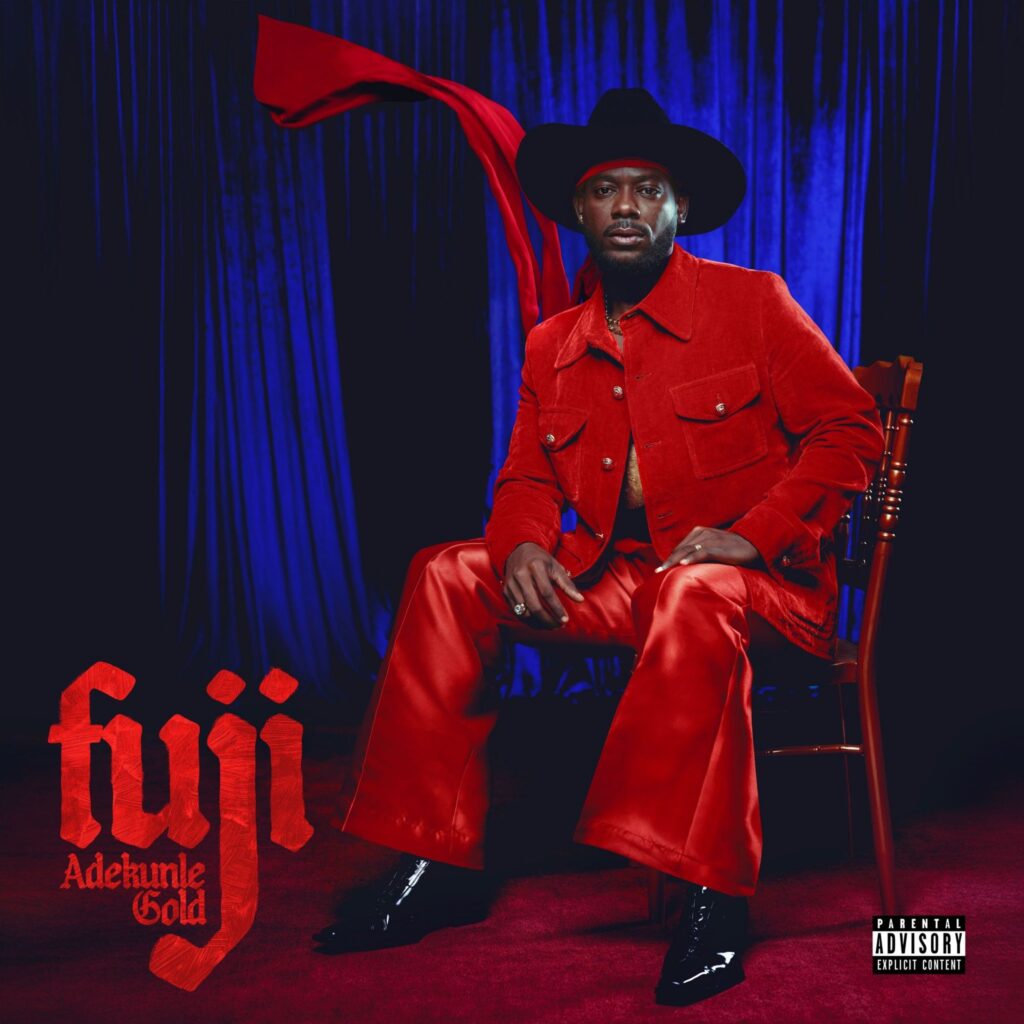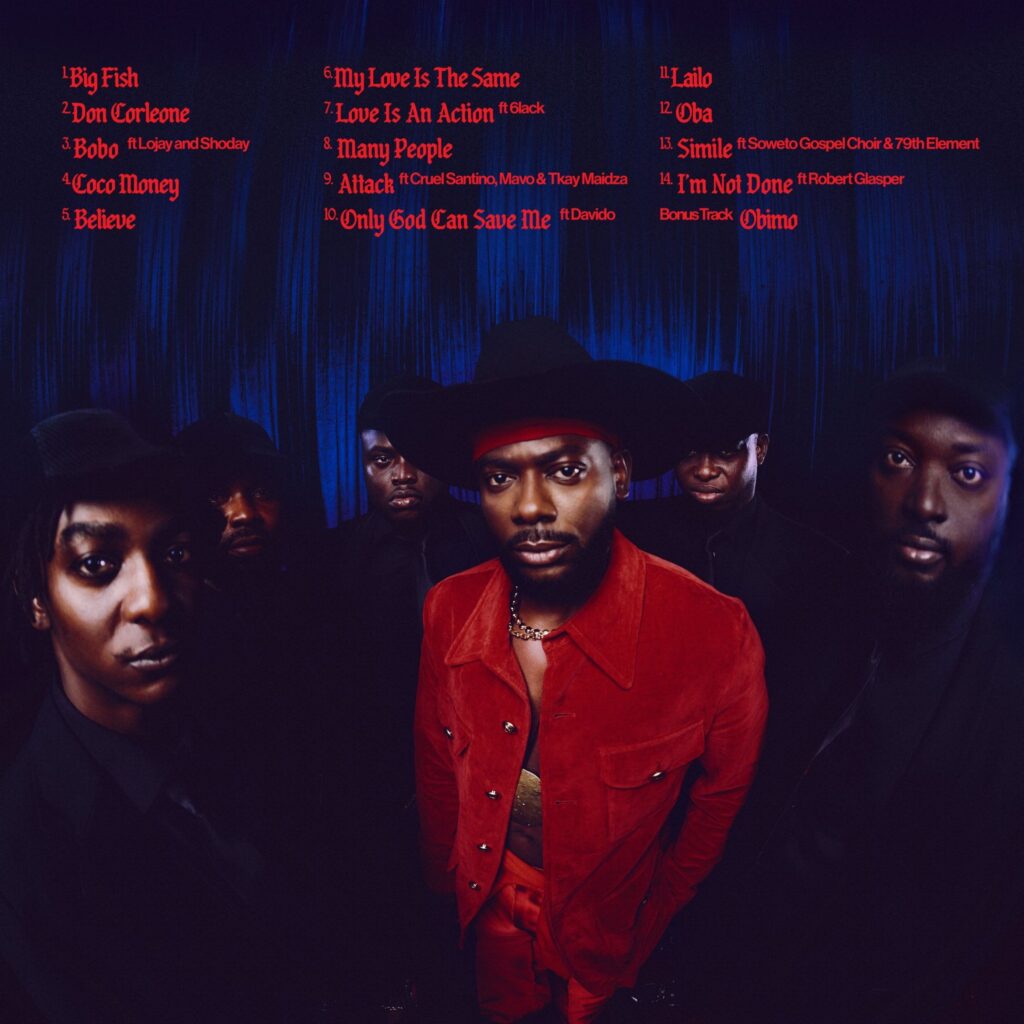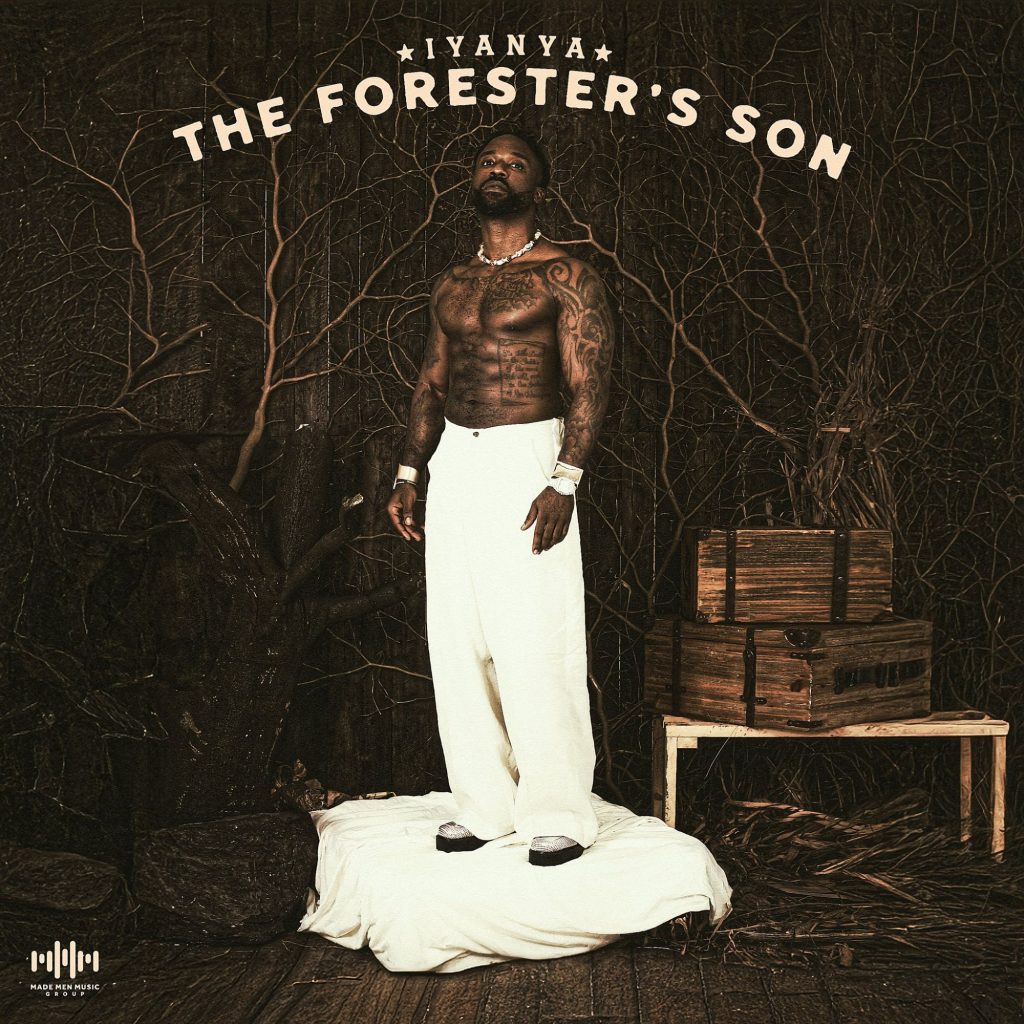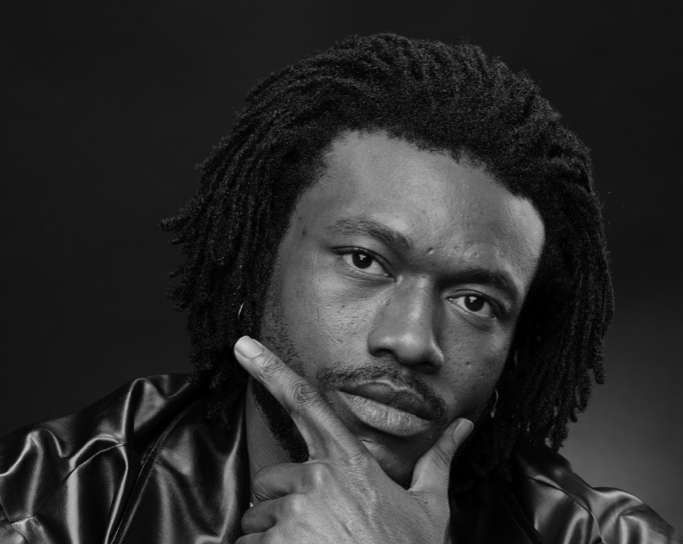On his sixth studio album, Adekunle Gold embarks on a cultural odyssey that pays homage to his roots and propels his evolution further.

Whether you’re a fan of his music or not, it’s an undeniable fact that Adekunle Gold is a proper artist through and through. From his breakout as an alternative/folk singer to his smooth transition into a mainstream popstar—all the while depicting striking visual aesthetics rooted in African culture and sonic explorations that never ventured too far from his Yoruba heritage.
He has somehow found a way to reinvent his sound on his sixth album. That in itself is an accomplishment without taking into account the great execution that defines the project. The sheer fact that an artist can keep finding meaningful ways to challenge himself and push his sound forward, a decade into his career is an admirable feat any artist should strive to imitate.
And here, Fuji isn’t necessarily confined to the boundaries of the “neo-Wéré” percussion-driven, Yoruba genre that originated in the 1960s, but is also an allegory for Adekunle’s identity as a Yoruba man making contemporary, western-influenced African pop music. Fuji has evolved so much since its inception in the call-to-prayers of muslim Yorubas that it’s so entrenched in pop culture. An ideal metaphor of how indigenous Adekunle’s music feels, while also embracing modernity and evolution.

From AG Baby to Bad Boy Deks to Tio Baby, and now finally Big Fish. Adekunle’s new persona embraces his status an OG worth his salt and he recounts his journey to success on the song, making it pixel clear that he deserves every good thing that came his way. His delivery is a bit clunky for me, but the narrative here is powerful because it’s nothing but the truth. Don Corleone is perhaps the most Fuji-leaning track on the LP and unfortunately tracks like these are too few and far in between.
The stacking and arrangement of the rich background vocals, alongside the call and response format paired with Simi’s sultry vocals eulogizing her husband as the “Godfather” all coalesce into a beautiful song. The talking drums infusion and AG’s vocals on Bobo keeps the music grounded, despite its mainstream pop affinity. Lojay’s delivery is stupendous and one of the best verses of the year but it’s pure Afrobeats. You could say the same for Shoday’s and sure AG warned us that the title is symbolic, however one can’t help but wish it wasn’t so diluted.
The same could be said for Coco Money, except the talking drums are more sparse and the interpolation of Rihanna’s Bitch Better Have My Money certainly doesn’t help things. Fuji nitpicks aside, this is still a good song although the choppy beat drops are jarring for this listener. Bill Withers’ “Just The Two Of Us” is sampled on Believe, a romantic, soulful song that re-inforces the power of love. It’s an even more heartfelt sentiment coming from a married man, because it proves that love is bewitching even after years of being with one person.

My Love Is The Same is another beautiful, emotive song dedicated to his daughter. The two-track sequence of Believe and this song—is the album’s true peak and the fact that these songs couldn’t be farther from Fuji is quite telling. AG sings about the gnawing sadness of being away from home and his daughter, because he needs to hustle and provide the perfect live she deserves. Even folks who aren’t parents will find this sentiment resonant, because everyone has that one person they would go the extra mile for.
Love Is An Action heads into uptempo Amapiano fusion territory, but AG doesn’t wield his vocals the way his other neo-Fuji counterpart in Asake, does on similar soundscapes—so it’s stark clear this song is intentionally cut from a different sonic fabric. Unfortunately, it doesn’t justify a stark deviation because it’s a forgettable song. Yoruba Alujó drum patterns pervade the beat of Many People and it makes sense, since Yinka Ayefele is featured and he interpolates his own classic song.
Where Fuji has roots embedded in Muslim and Ramadan culture, Alujó originates from religion ties in Aladura and celestial churches. There is an intrinsic difference where one stems from a call to prayer, while the other is a prayer in itself and AG seems to understand this because his heart is full of the sort of gratitude that can only be a consequence of answered prayers.
Attack and Only God Can Save Me head into uncharted Afropop territory and roll back the years to his golden pop era, but the question beckons – are they good enough to justify another sharp deviation on an album that was already lacking in Fuji elements? Well, it’s up to you. On Attack, Tkay Maidza therapeutic vocals straddles the hook, Mavo deplores a flow you’ve heard a gazillion times from him already and Santi’s vocals are a little too distorted and it impedes total enjoyment of it, because it’s quite good.

Only God Can Save Me sounds like an harmless pop record, with two popstars wailing about the seductive nature of coquettish women, but when you realise AG and Davido are both married men and there is a deeper layer of lamentations, about the constrains of being married in such a free-spirited industry—then it becomes hilarious. Lailo slows things down for a percussion-heavy, midtempo bop that would have been well suited for AG’s Fuji inflected vocals to make a return but they don’t.
Even on Oba, when said vocals return—they are deplored on riotous, hips-adulating Afrobeats rhythms. Like Don Corleone, it’s another tribute to AG’s status as an accomplished veteran in the industry and like a King, he regales himself with praise and honor. Simile feels like a homage to the days of Ire and Fame, but with a more contemporary twist to it. The album should have closed out with the ballad, I’m Not Done.
Where the album opener, was a time capsule that detailed his rise to the top—I’m Not Done, looks to the future and AG repeatedly affirms that he is hungrier for more success. The thematic cohesion would have come full circle, but instead Obimo—the dated pop single, that is at least seven years sonically outdated—pulls the curtains.
The musicality and intention on this album is impressive and so is the music, but it doesn’t exactly exactly deliver on its promise. Indeed, the title is a metaphor for culture and its evolution and not necessarily Fuji in itself, however that doesn’t justify the glaring absence of said music on an album titled Fuji.
Moreso, the consistent deviations from the sparse Fuji leaning records and the fact that some of the best songs here are Pop/R&B records? It’s quite the conundrum. Big Fish would have been a more appropriate title for this album, since Adekunle Gold’s braggadocious sentiments and self adulations take center stage, anyways.
Final Verdict:
Sonic Cohesion: 1.6/2
Expansive Production: 1.4/2
Songwriting: 1.6/2
Delivery: 1.5/2
Optimal Track Sequencing: 1.2/2
Total: 7.3/10






